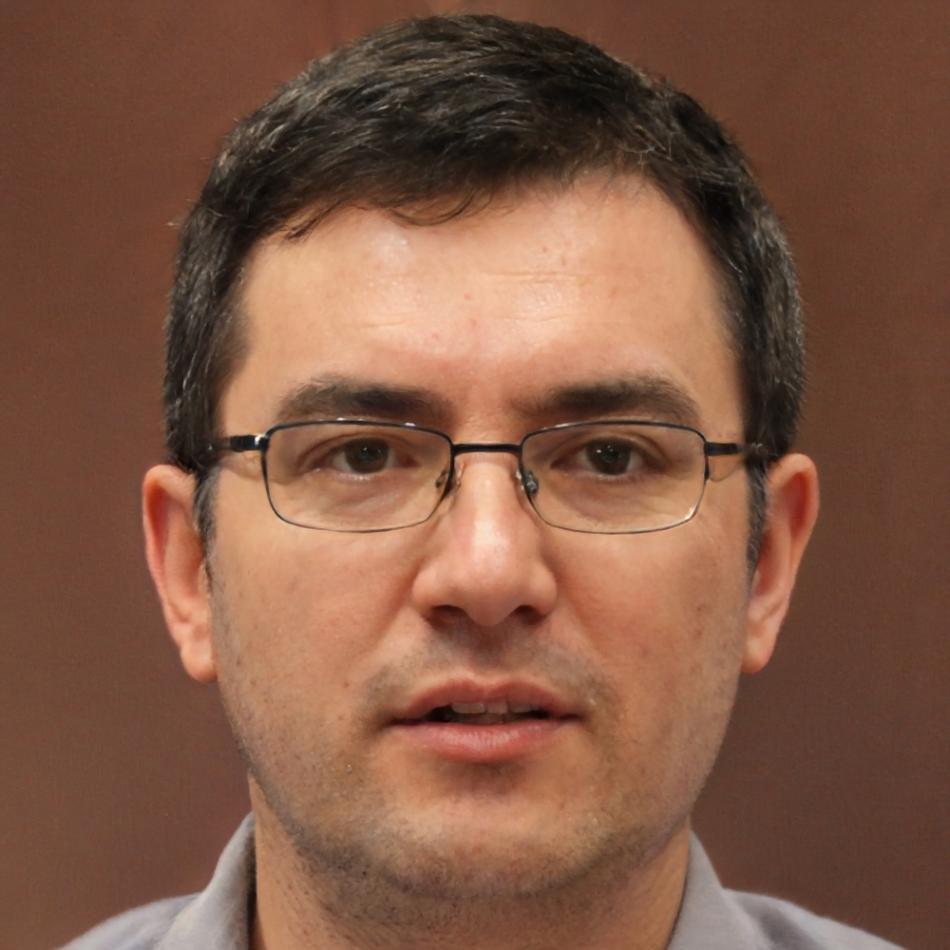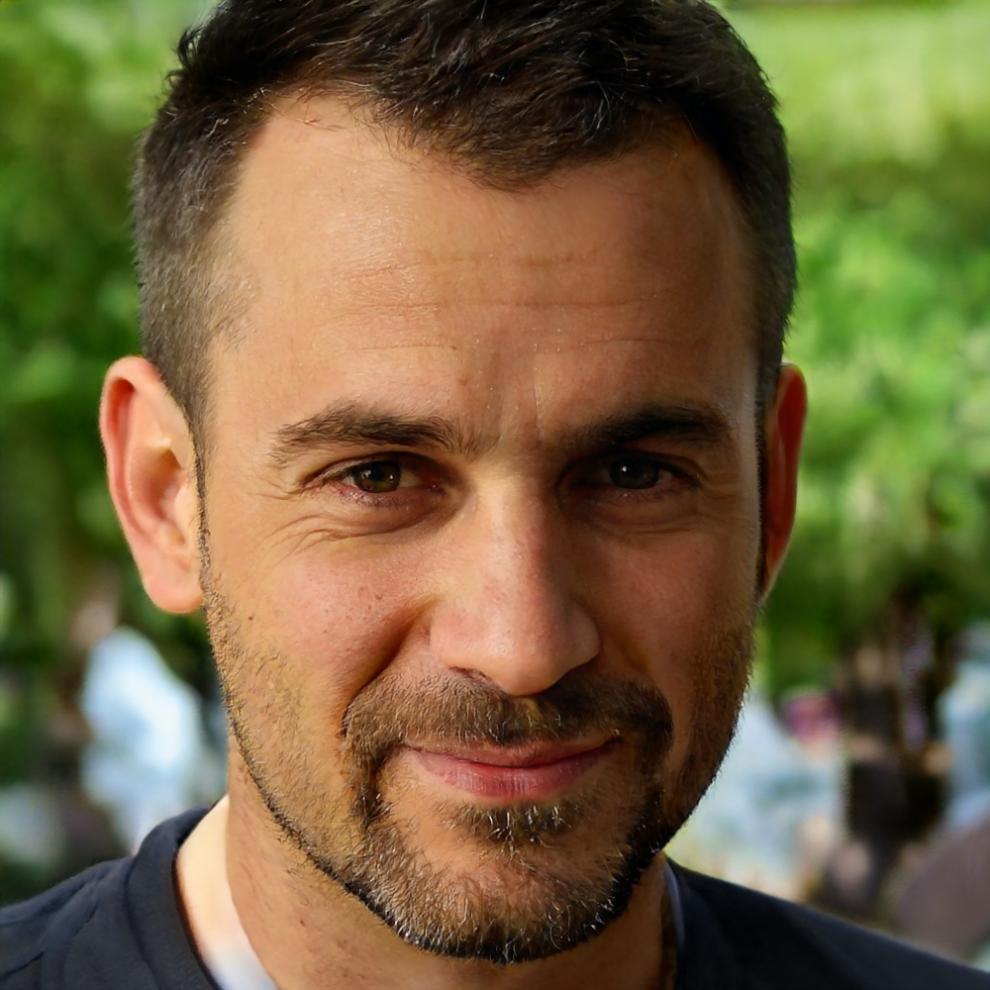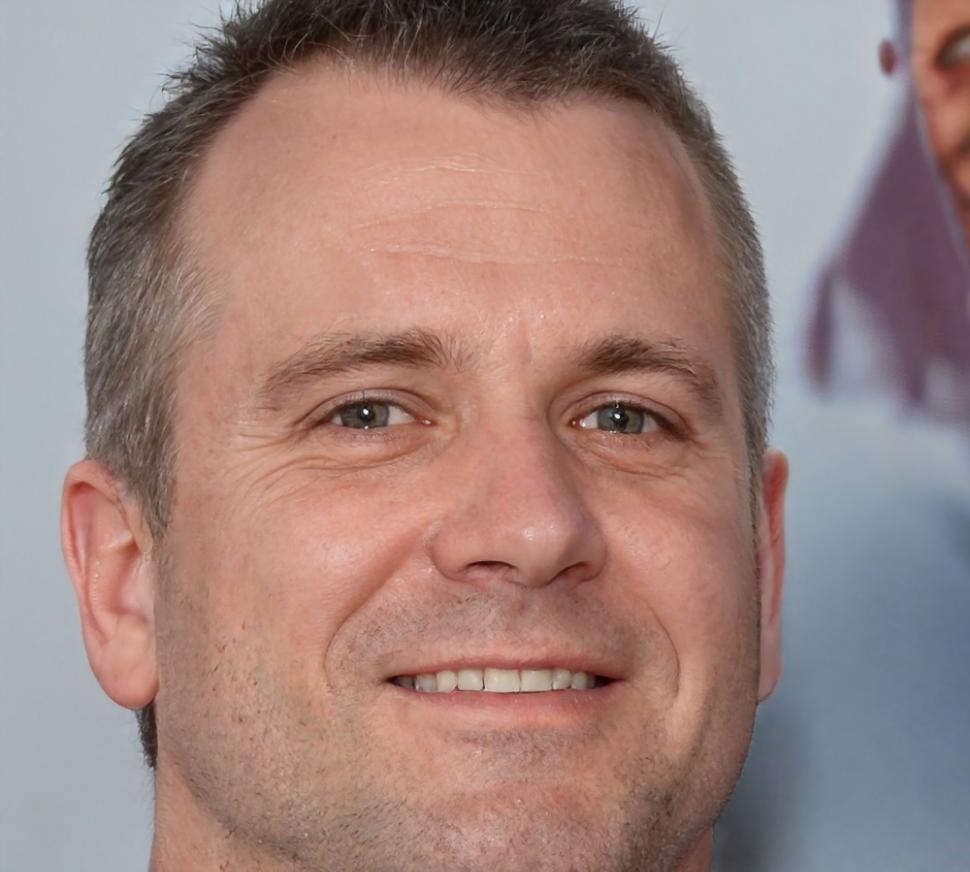Building Skills That Last Beyond Trends
Our learning programs focus on foundational thinking rather than chasing the latest tools. We help professionals develop monitoring habits and adjustment strategies that stay relevant regardless of which platform or software becomes popular next year.
Explore Program OptionsLearning Through Real Monitoring Scenarios
Most training programs teach software features. We teach decision-making processes. When efficiency drops by 15%, what do you check first? How do you distinguish between seasonal variation and actual system degradation?
Our approach involves working through actual business cases where something went wrong. Participants analyze what happened, identify where monitoring could have caught issues earlier, and practice adjusting response strategies. It's less about memorizing dashboards and more about building instincts for when numbers don't feel right.
We typically run intensive workshops starting October 2025, with follow-up sessions scheduled through early 2026. Between sessions, participants apply concepts to their own operations and bring real questions back to the group.

What Guides Our Training Approach
These principles shape how we structure every session and interaction with participants
Context Over Templates
We don't hand out generic monitoring templates. Every business has different pressure points. Our sessions help you identify what matters specifically for your operation and build monitoring around those factors.
Questions Before Answers
The best learning happens when participants work through problems themselves. We pose scenarios, ask what you'd check first, and discuss why certain approaches work better than others in specific situations.
Mistakes as Material
Our case studies come from real efficiency failures where monitoring missed early signals. Analyzing what went wrong teaches more than studying perfect implementations that may not match your reality.
Adaptation Practice
Things change faster than training materials get updated. We focus on adjustment thinking so you can modify approaches when your business shifts, markets move, or new constraints appear.
Group Problem-Solving
Participants often learn more from each other than from instructors. We structure sessions around shared challenges where different perspectives reveal monitoring gaps one person might miss.
Implementation Support
Training means nothing if it doesn't get applied. We schedule check-ins after initial workshops to troubleshoot real implementation obstacles and adjust strategies based on what actually worked.
Who Leads These Sessions
Our instructors have spent years fixing monitoring systems that didn't work and building strategies that did

Stellan Bergqvist
Operations Efficiency Specialist
Stellan worked in manufacturing operations for twelve years before shifting to consulting. He specializes in helping businesses identify which metrics actually predict problems versus which ones just create dashboard clutter. His workshop sessions focus heavily on signal-to-noise ratio in monitoring systems.

Jurgen Kästner
Resource Planning Consultant
Jurgen's background includes overseeing efficiency initiatives across seven different facilities. He brings practical experience in what adjustment strategies work when monitoring reveals issues. His teaching style involves breaking down complex scenarios into manageable decision points.

Cormac O'Donovan
Implementation Facilitator
Cormac focuses on the human side of monitoring systems. Technical setups fail when teams don't understand why they're tracking certain things or how to respond when numbers shift. He leads the practical implementation portions of our programs and coordinates follow-up support.
What Participants Can Expect From Us
We structure programs around realistic outcomes rather than idealized results. Here's what we commit to providing and what we ask participants to bring to the process.
Honest Assessment of Applicability
Not every monitoring approach fits every business. We'll tell you upfront if certain strategies won't work for your size, industry, or resource constraints rather than pushing a standard curriculum.
Access Between Formal Sessions
Implementation questions come up when you're actually trying to apply concepts. Participants get email access to instructors for specific troubleshooting between scheduled workshop dates.
Materials That Stay Relevant
Our documentation focuses on decision frameworks rather than step-by-step software instructions. The thinking process stays useful even as specific tools and platforms evolve.
Realistic Timeframes for Results
Building effective monitoring habits takes months, not days. We outline reasonable expectations for when participants might see improvements and what early indicators suggest the approach is working.